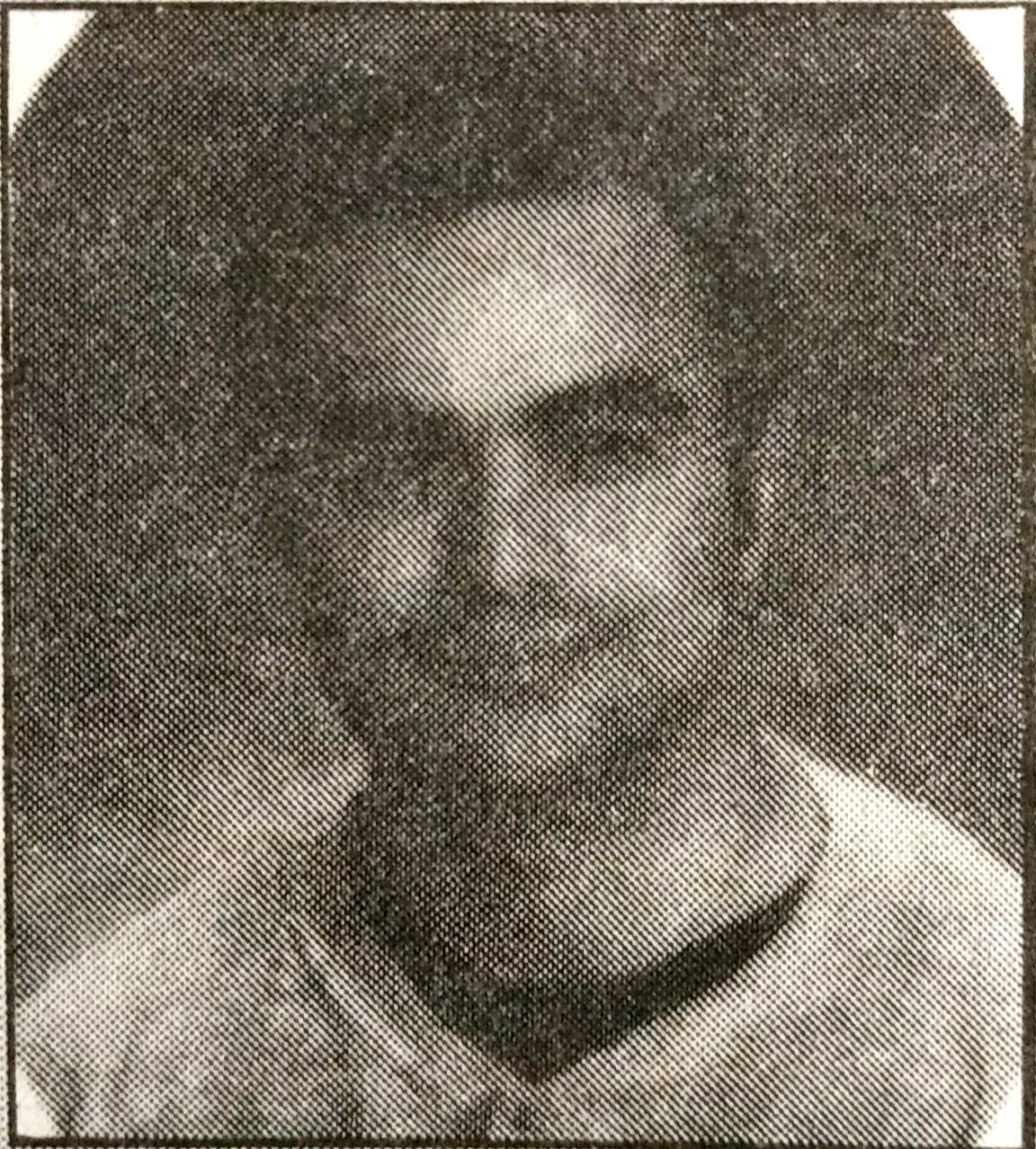By Bob Vrbanac
A member of the RyeSAC Board of Directors returned to school Monday after spending the last three weeks jailed in the Mimico Correctional Centre.
Rocco Piccininno, 21, a faculty of business representative on the Board of Directors, was sentenced to six months in jail on Jan. 27, 1997 after pleading guilty to an aggravated assault.
The charges stemmed from an incident on June 25, 1995, at a non-contact ball hockey league game. A fight broke out between Piccininno and another player. In the course of the fight, Piccininno bit the other combatant on the face and chomped on his ear, tugging it from side to side.
According to The Toronto Sun, Mr. Justice Brian Trafford said, “While hockey is part of the Canadian social fabric, the laws of Canada do not stop at the doors to the arenas.”
After his plea, Piccininno was immediately jailed and spent the last three weeks in custody. He was released Monday under provisions of the Temporary Absence Program (TAP). The program will allow Piccininno to return to classes so he won’t lose the rest of his school year.
Piccininno, standing outside the business building, smoking and sharing some jail-house tales with his friends, wouldn’t comment on his experience. He presently has matters before the Ontario Court General Division that won’t allow him to go on record until a later date.
Piccininno said, “I would just like to thank Mimico for their TAP program which let me finish my school year.”
When asked how his incarceration would affect his position on RyeSAC’s Board, he wouldn’t comment.
Michael Durrant, communications and services manager of RyeSAC, said the council would have to check with their lawyers before they know if Piccininno could continue sitting on the Board. RyeSAC falls under the jurisdiction of the Ontario Corporations Act as a non-profit organization, and Durrant was unsure whether a criminal conviction precluded someone from sitting on the Board.
Durrant said, “Given that it’s up in the air legally, it becomes a moral question. Morally, can he represent the students at Ryerson he was chosen to represent.”
It would take a two-thirds vote of all board members to remove him. Durrant, the unofficial acting chair of the board, said this would be difficult at best because of the level of attendance at board meetings.
The board can act in such cases by impeaching the member. “But it’s a lot more expedient to give a letter of resignation,” said Durrant. “It makes the whole process go a lot quicker.”
“When you’re absent without regrets you’re basically saying you have something better to do,” said Querubin.










Leave a Reply